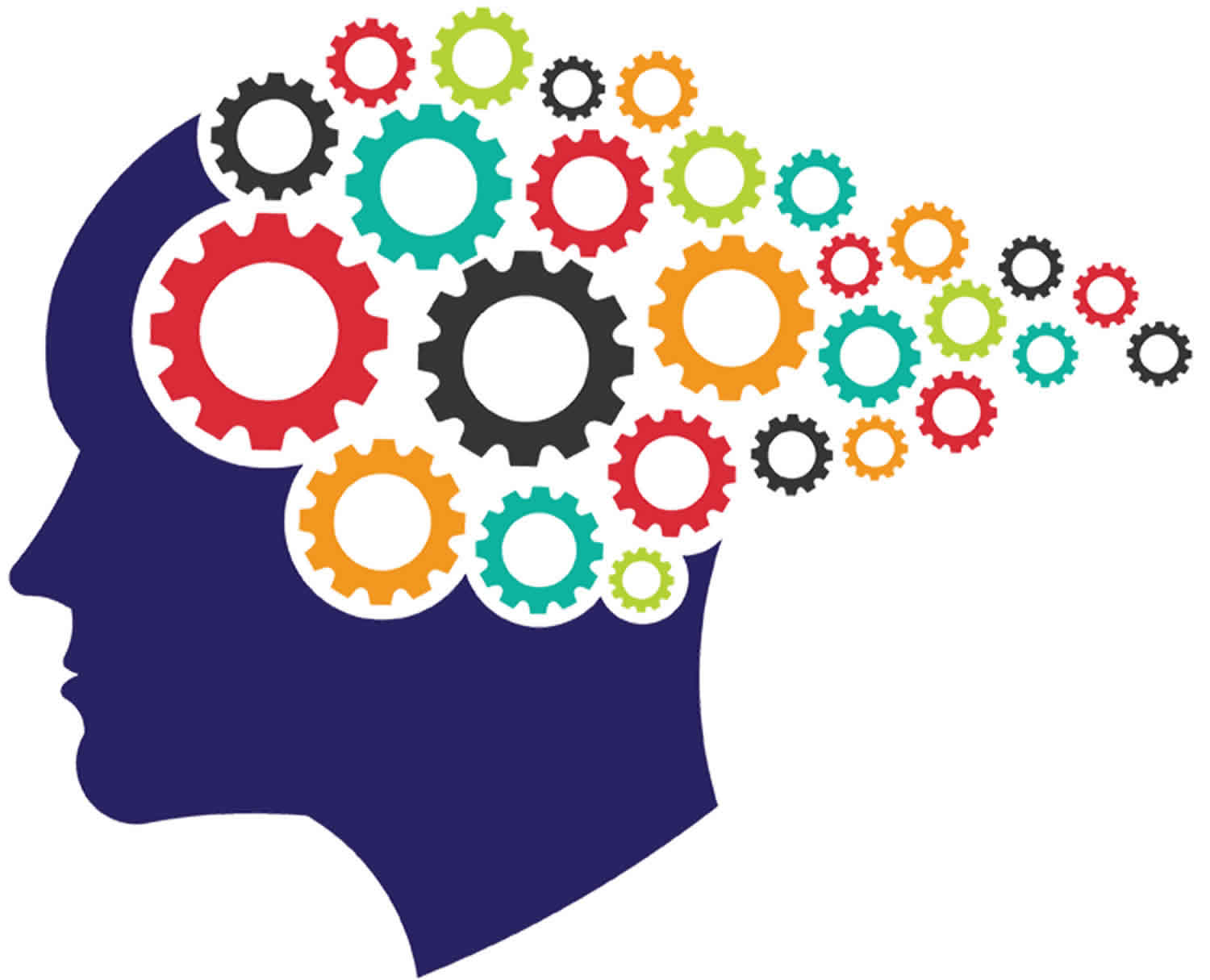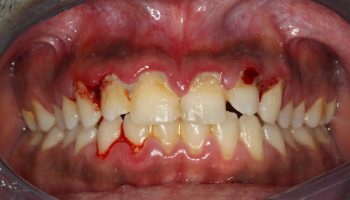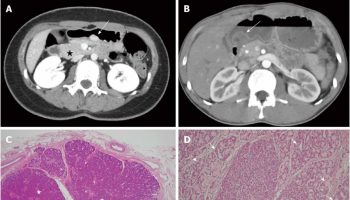Organic brain syndrome
Organic brain syndrome also called neurocognitive disorder, is a general term referring to many acute and chronic mental disorders (such as Alzheimer’s disease) resulting chiefly from physical changes in brain structure and characterized especially by impaired cognition or impaired mental function. Organic brain syndrome does not usually include psychiatric disorders. Though organic brain syndrome is a common diagnosis in the elderly, it is related to disease processes and is not an inevitable part of aging. People with organic brain syndrome often lose the ability to interact with others or function on their own.
Acute organic brain syndrome is a temporary state of mental impairment caused by intoxication, overdose or infection.
Organic brain syndrome causes
Disorders that cause injury or damage to the brain and contribute to organic brain syndrome include, but are not limited to 1:
- Infections such as meningitis or intracerebral abscess;
- Encephalitis;
- Metabolic illnesses such as uremia or hepatic failure with hyperammonemia;
- Disturbances of electrolyte balance such as:
- hypo- or hypernatremia,
- hypo- or hyperkalemia;
- Low oxygen in the body (hypoxia) or hypoxemia;
- High carbon dioxide level in the body (hypercapnia);
- Overuse of drugs such as atropine or anticonvulsants;
- Intoxication or overdose caused by barbiturates or alcohol;
- Withdrawal from drugs (such as sedative-hypnotics and corticosteroids) or alcohol;
- Wernicke-Korsakoff syndrome (a long-term effect of excessive alcohol consumption or malnutrition);
- Space occupied lesions such as neoplasms;
- Multiple cerebral arterial emboli;
- Intracranial hemorrhage/head trauma;
- Bleeding into the brain (intracerebral hemorrhage);
- Bleeding into the space around the brain (subarachnoid hemorrhage);
- Blood clot inside the skull causing pressure on brain (subdural or epidural hematoma);
- Stroke or transient ischemic attack (TIA);
- Endocrine diseases, mainly hyper- or hypothyroidism;
- Dementia due to many strokes (multi-infarct dementia);
- Heart infections (endocarditis, myocarditis);
- Neurodegenerative disorders:
- Alzheimer disease (also called senile dementia, Alzheimer type),
- Creutzfeldt-Jakob disease,
- Diffuse Lewy body disease,
- Huntington disease,
- Multiple sclerosis,
- Normal pressure hydrocephalus,
- Parkinson disease,
- Pick disease,
- Dementia due to metabolic causes:
- Kidney disease
- Liver disease
- Thyroid disease (hyperthyroidism or hypothyroidism)
- Vitamin deficiency (B1, B12, or folate)
- Infections
- Any sudden onset (acute) or long-term (chronic) infection
- Blood poisoning (septicemia)
- Brain infection (encephalitis)
- Meningitis (infection of the lining of the brain and spinal cord)
- Prion infections, such as mad cow disease
- Late-stage syphilis
- Complications of cancer and cancer treatment with chemotherapy can also lead to neurocognitive disorder;
- Concussion;
- Epilepsy;
- Fetal alcohol syndrome;
- Cerebral atrophy.
Other conditions that may mimic organic brain syndrome include:
- Depression,
- Neurosis,
- Psychosis.
Organic brain syndrome symptoms
Symptoms of organic brain syndrome vary with the disease that is responsible. However, the more common symptoms of organic brain syndrome are:
- Agitation
- Confusion
- Long-term loss of brain function (dementia)
- Severe, short-term loss of brain function (delirium)
Often these symptoms are contributed to psychiatric illness, which causes a difficulty in diagnosis.
Organic brain syndrome tests
Tests depend on the disorder, but may include:
- Blood tests
- Electroencephalogram (EEG)
- Head CT scan
- Head MRI
- Lumbar puncture (spinal tap)
Organic brain syndrome treatment
Treatment of organic brain syndrome depends on the underlying condition. Many conditions are treated mainly with rehabilitation and supportive care to help the person with activities lost due to areas where brain function is affected.
Medicines may be needed to reduce aggressive behaviors that can occur with some of the conditions.
Organic brain syndrome prognosis
Some disorders are short-term and reversible. But many are long-term or get worse over time.
References




